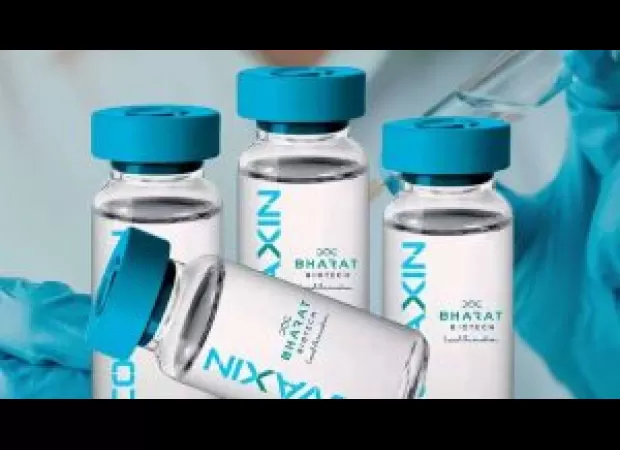Study on Covaxin side effects by BHU criticized for poor design and wrongly crediting ICMR, says Dr Bahl.
Indian medical official Dr Rajiv Bahl criticizes flawed study on safety of Covaxin in adults and adolescents, clarifies ICMR was not involved.

New Delhi: Dr Rajiv Bahl, the Director General of the Indian Council of Medical Research (ICMR), expressed criticism towards a recent study that analyzed the long-term safety of Covaxin in adults and adolescents. Dr Bahl highlighted the study's shortcomings in terms of methodology and design and clarified that the article wrongly acknowledges ICMR's involvement. According to him, the study lacks a control group of unvaccinated individuals, making it difficult to draw any conclusions about the impact of the vaccine on reported events.
Dr Bahl emphasized that ICMR had no association with the study and did not provide any financial or technical support for the research. In fact, he has written a letter to the authors and the journal editor, urging them to remove the acknowledgment of ICMR and publish an erratum immediately. The study, titled 'Long-Term Safety Analysis of the BBV152 Coronavirus Vaccine in Adolescents and Adults: Findings from a 1-Year Prospective Study in North India', reported that almost one-third of the 926 participants experienced 'adverse events of special interest' (AESI) after receiving Bharat Biotech's Covaxin.
Dr Bahl further stated that the acknowledgement of ICMR for research support was inappropriate and unacceptable as no prior approval or intimation was given. He also pointed out that the study was poorly designed and could not provide a proper safety analysis of Covaxin due to various critical flaws. The lack of baseline information and inconsistent use of 'Adverse Events of Special Interest' as defined in the reference provided were some of the major concerns raised by Dr Bahl.
He also highlighted the high risk of bias in the method of data collection, where participants were contacted over the phone, and their responses were recorded without any confirmation from clinical records or physician examination. Dr Bahl also expressed concern that similar acknowledgements to ICMR had been made in previous papers without permission, indicating questionable practices by the authors.
According to Dr Bahl, the authors have been asked to rectify the acknowledgment to ICMR, address the methodological concerns, and publish an erratum. Failure to do so may lead to legal and administrative actions by ICMR. Additionally, the editor has been requested to retract the paper as it draws conclusions on vaccine safety without proper evidence.
The study, conducted by researchers from the Banaras Hindu University between January 2022 and August 2023, reported that almost 50% of the 926 participants experienced infections during the follow-up period, primarily viral upper respiratory tract infections. Serious AESI, such as stroke and Guillain-Barre syndrome, were reported in only one percent of individuals. The study involved 635 adolescents and 291 adults who received the BBV152 vaccine.
PTI






